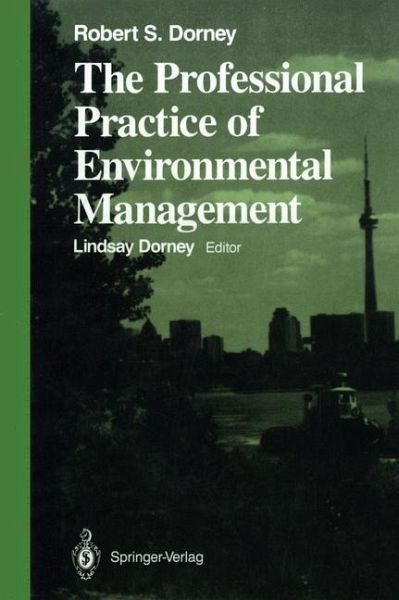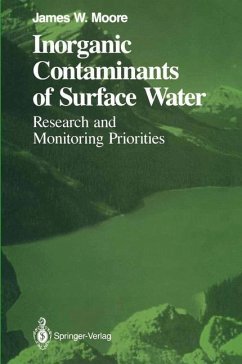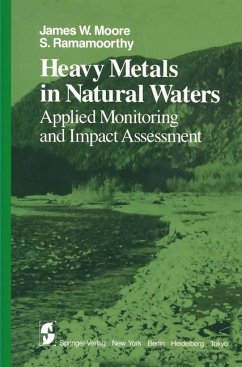
The Professional Practice of Environmental Management

PAYBACK Punkte
39 °P sammeln!
This series is dedicated to serving the growing community of scholars and practitioners concerned with the principles and applications of environ mental management. Each volume is a thorough treatment of a specific topic of importance for proper management practices. A fundamental ob jective of these books is to help the reader discern and implement man's stewardship of our environment and the world's renewable resources. For we must strive to understand the relationship between man and nature, act to bring harmony to it, and nurture an environment that is both stable and productive. These obj...
This series is dedicated to serving the growing community of scholars and practitioners concerned with the principles and applications of environ mental management. Each volume is a thorough treatment of a specific topic of importance for proper management practices. A fundamental ob jective of these books is to help the reader discern and implement man's stewardship of our environment and the world's renewable resources. For we must strive to understand the relationship between man and nature, act to bring harmony to it, and nurture an environment that is both stable and productive. These objectives have often eluded us because the pursuit of other in dividual and societal goals has diverted us from a course of living in balance with the environment. At times, therefore, the environmental manager may have to exert restrictive control, which is usually best applied to man, not nature. Attempts to alter or harness nature have often failed or backfired, as exemplified by the results of imprudent use of herbicides, fertilizers, water, and other agents. Each book in this series will shed light on the fundamental and applied aspects of environmental management. It is hoped that each will help solve a practical and serious environmental problem.















